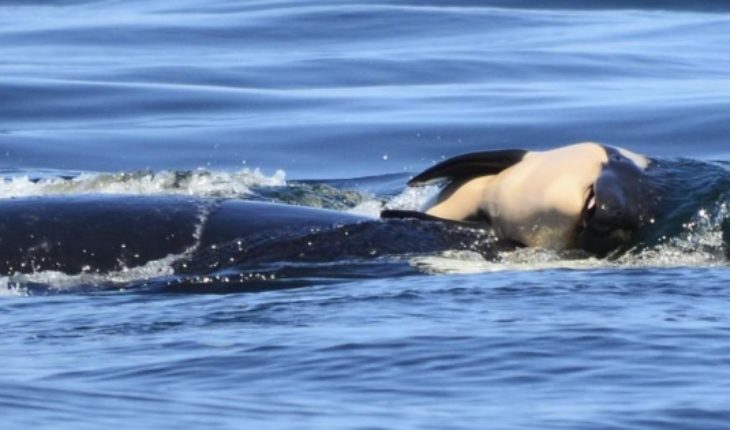after 17 days, the orca Tahlequah, known by scientists as J35, has ceased to charge and maintain to flo you her calf died after having swum with her and keep her afloat about 1,600 kilometers between the coasts of the Pacific between United States and Canada.
While the situation of mothers who carry their offspring killed for a while is not something unusual among dolphins, killer whales and other mammals, the situation of Tahlequah has caught the attention of scientists and environmental organizations by the extent of the duel.
Tahlequah orca has 20 years and part of a community of 75 orcas, grouped in three herds that coexist between the southern end of Vancouver Island, in Canada, and the waters of the State of Washington, USA
There are several reasons which are explaining the death of whales in this area: lack of food, pollution of their habitat, and noise from boats that confuse them tend to be items that are accelerating impact on the survival of whales, which often travel more than 100 km daily to get food.
From Greenpeace have warned that the population of whales in this area of the Pacific has been reduced by 20% in two decades and now the population of these whales called Salish Sea is reduced to 75.
The NGO also warned about a new danger to the survival of these killer whales and that has to do with the construction of a pipeline called Trans Mountain, project that aims to transport one of the most dangerous types of oil and contaminants (the (tar sands) through 1,150 km from Alberta (Canada), passing through indigenous lands, to the coast of British Columbia (Pacific Ocean), exposing the oceans, its species and drinking water for 17 million people to dangers of spill toxic and irreparable environmental damage.
translated from Spanish: The duel of a killer whale that moves the world
August 14, 2018 |





